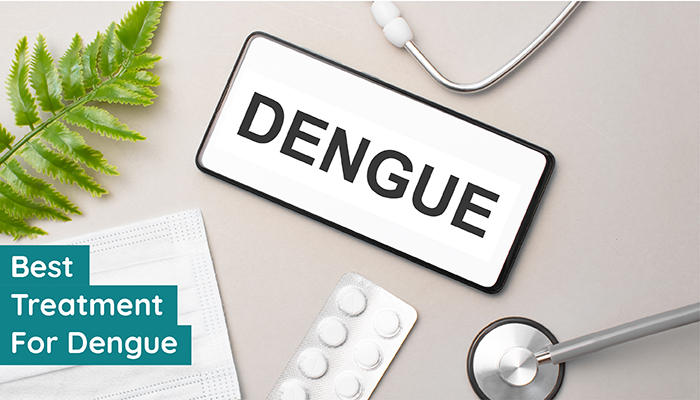The symptoms and indications of dengue fever are often mistaken with those of Zika virus, malaria, chikungunya, or typhoid fever. Your physician will enquire about your travel and medical history. It is essential to disclose your previous trip itinerary, the countries, and dates you visited, and insect bites you may have had. In addition, your physician may take a blood sample to test for dengue virus infection.
Dengue treatment: tips to get instant relief

Reviewed by: Livlong
326 views
FAQs:
LivLong - About the Author
Livlong 365 is a trusted digital healthcare platform committed to making quality health and wellness services accessible, affordable, and user-friendly for every Indian. Through our informative and educational blogs, we aim to empower individuals with accurate health knowledge, preventive care tips, and expert-backed insights to help them lead healthier, more informed lives.
Tags: Dengue